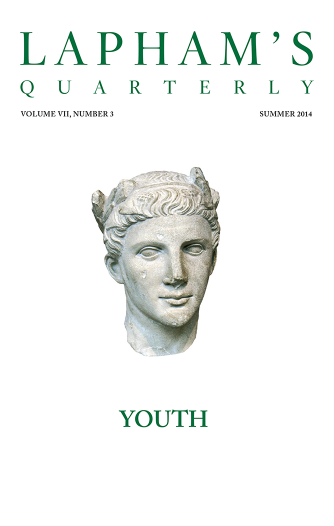This was an action brought February 4, 1887, against the collector of the port of New York to recover back duties paid under protest on tomatoes imported by the plaintiff from the West Indies in the spring of 1886, which the collector assessed under “Schedule G. Provisions” of the tariff act of March 3, 1883, imposing a duty on “vegetables in their natural state, or in salt or brine, not specially enumerated or provided for in this act, 10 percent ad valorem” and which the plaintiffs contended came within the clause in the free list of the same act: “Fruits, green, ripe, or dried, not specially enumerated or provided for in this act.”
The single question in this case is whether tomatoes, considered as provisions, are to be classed as vegetables or as fruit within the meaning of the tariff act of 1883.
The only witnesses called at the trial testified that neither vegetables nor fruit had any special meaning in trade or commerce different from that given in the dictionaries, and that they had the same meaning in trade today that they had in March 1883.
The passages cited from the dictionaries define the word fruit as the seed of plants, or that part of plants which contains the seed, and especially the juicy, pulpy products of certain plants, covering and containing the seed. These definitions have no tendency to show that tomatoes are “fruit,” as distinguished from “vegetables,” in common speech, or within the meaning of the tariff act. There being no evidence that the words fruit and vegetables have acquired any special meaning in trade or commerce, they must receive their ordinary meaning. Of that meaning the court is bound to take judicial notice, as it does in regard to all words in our own tongue; and upon such a question dictionaries are admitted not as evidence but only as aids to the memory and understanding of the court.

The Great Ebussuud Teaching Law, miniature from a divan by Mahmud Abd-al Baqi, mid-sixteenth century. The jurist and theologian Ebussuud Efendi greatly contributed to the shaping of classical Ottoman law. The Metropolitan Museum of Art, Gift of George D. Pratt, 1925.
Botanically speaking, tomatoes are the fruit of a vine, just as are cucumbers, squashes, beans, and peas. But in the common language of the people, whether sellers or consumers of provisions, all these are vegetables which are grown in kitchen gardens, and which, whether eaten cooked or raw, are, like potatoes, carrots, parsnips, turnips, beets, cauliflower, cabbage, celery, and lettuce, usually served at dinner in, with, or after the soup, fish, or meats which constitute the principal part of the repast, and not, like fruits generally, as dessert.
The attempt to class tomatoes as fruit is not unlike a recent attempt to class beans as seeds, of which Mr. Justice Bradley, speaking for this court, said, “We do not see why they should be classified as seeds, any more than walnuts should be so classified. Both are seeds, in the language of botany or natural history, but not in commerce nor in common parlance. On the other hand, in speaking generally of provisions, beans may well be included under the term vegetables. As an article of food on our tables, whether baked or boiled, or forming the basis of soup, they are used as a vegetable, as well when ripe as when green. This is the principal use to which they are put. Beyond the common knowledge which we have on this subject, very little evidence is necessary, or can be produced.” Judgment affirmed.
From his opinion in Nix v. Hedden. Produce importer John Nix and his four sons hoped to avoid a 10 percent tax on their Caribbean tomatoes under the Tariff of 1883, an act signed into law by Chester A. Arthur that exempted fruit. Though the decision would seem to legally preclude them from doing so, Tennessee, Ohio, Arkansas, and Louisiana have since named tomato varieties their state fruit. In 2016 the Michelin-starred vegetarian restaurant Nix, named for the decision, opened in New York City.
Back to Issue


